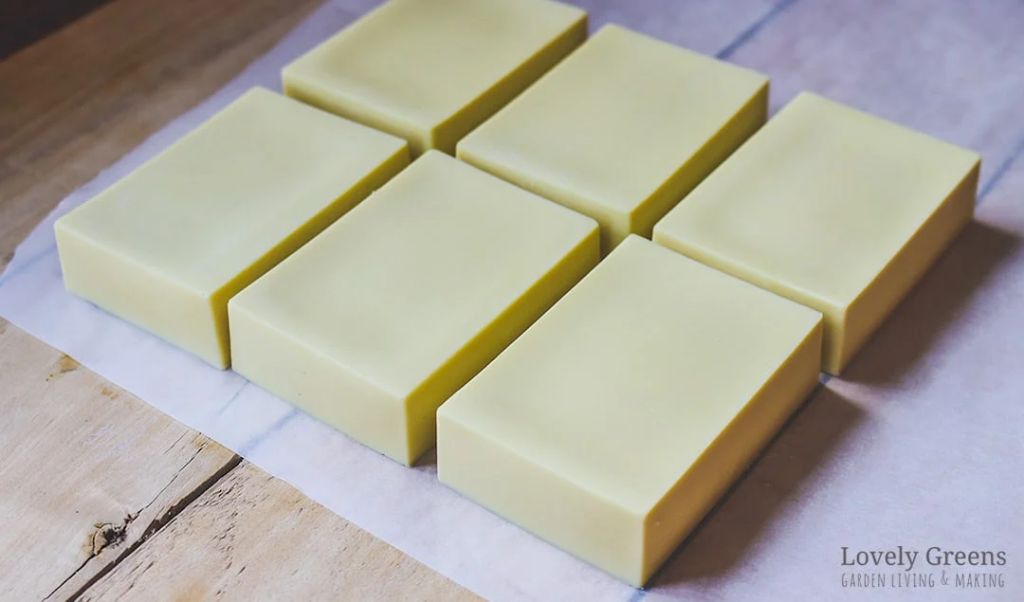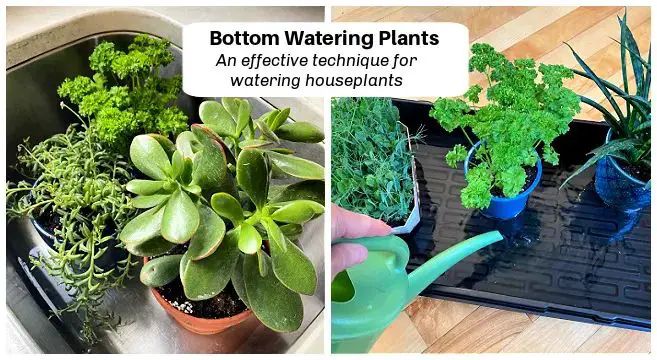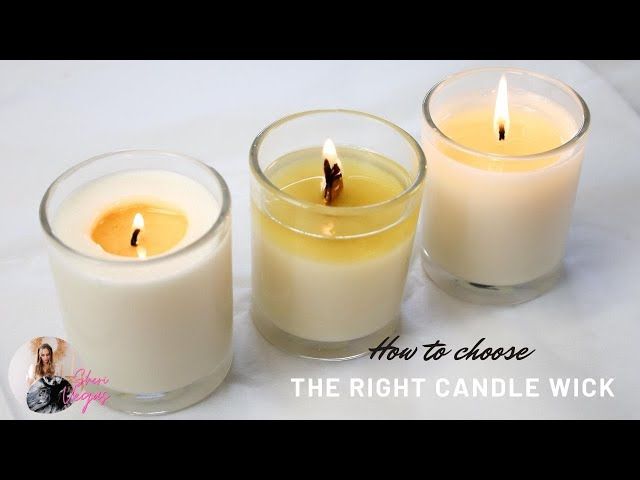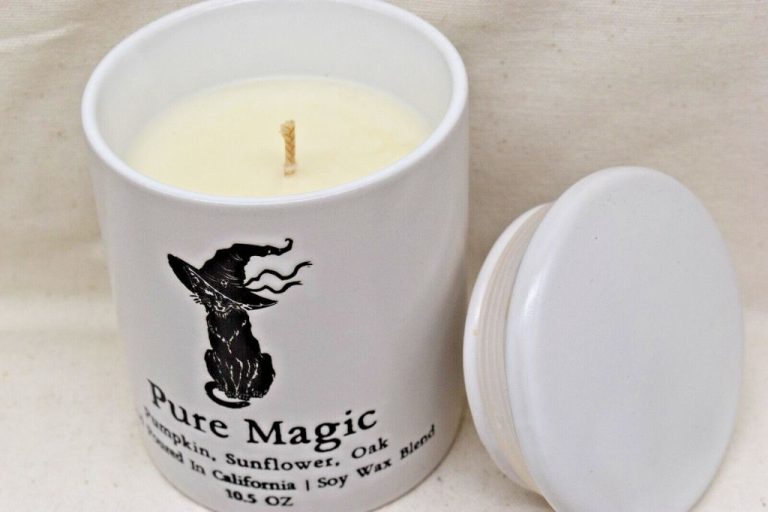What Are Three Oils Used In Homemade Soap?
Intro
Homemade soaps have exploded in popularity in recent years. According to research, the demand for natural and organic skincare products has led to a boom in homemade soap making [1]. Shoppers are increasingly looking for soaps made with wholesome, natural ingredients as opposed to detergent-based soaps from big brands. The ability to customize homemade soaps with preferred scents, oils, colors and more makes them an appealing alternative. As interest in DIY projects and handcrafted items grows, many people enjoy homemade soap making as a fun, creative hobby and even a side business opportunity.
Olive Oil
Olive oil is one of the most popular oils used in homemade soap. It comes from pressed olives and is a staple in the Mediterranean diet and cooking. Olive oil is renowned for its mild scent and gentle moisturizing properties[1]. Using olive oil soap can provide numerous benefits for your skin:
- Olive oil is a natural emollient that softens skin and provides a protective moisture barrier. The oleic acid in olive oil allows it to penetrate deep into skin layers to hydrate thoroughly[2].
- The antioxidant properties of olive oil help fight free radicals that can damage skin cells. Olive oil contains vitamins A and E to nourish skin.
- Olive oil is gentle and often recommended for sensitive skin, including conditions like eczema and psoriasis. It can help soothe dryness and irritation.
- The anti-inflammatory effects of olive oil reduce redness and swelling. Using olive oil soap regularly can improve skin complexion.
With its moisturizing vitamin E content and soothing fatty acids, olive oil is ideal for crafting a mild homemade soap that leaves skin feeling soft and smooth.
[1] https://soap.club/blogs/blog/7-proven-benefits-of-olive-oil-soap-soap-club
[2] https://www.peetbrospalmfree.com/blogs/news/the-incredible-benefits-of-olive-oil-soap-for-skin-care
Coconut Oil
Coconut oil is a popular choice for homemade soaps because it creates a rich, cleansing lather. The lauric acid and medium-chain fatty acids in coconut oil give it strong cleansing properties that wash away dirt, oil, and impurities without over-drying the skin [1].
When saponified into soap, coconut oil produces a generous lather that leaves skin feeling refreshed. The bubbles also provide a gentle physical exfoliation to remove dead skin cells. Coconut oil’s cleansing power makes it ideal for oily skin and acne-prone skin. It can help clear clogged pores without irritation [2].
In addition to cleansing, coconut oil moisturizes as it washes. The fatty acids in coconut oil have a strong affinity for skin, allowing it to penetrate deeply. This helps hydrate skin and prevent moisture loss. The moisturizing properties make coconut oil a nice addition even for dry or sensitive skin when blended with other oils.
Palm Oil
Palm oil has become one of the most common oils used in handcrafted soapmaking due to its ability to produce a hard bar of soap with a rich, creamy lather.[1] The high percentage of palmitic and oleic fatty acids in palm oil contributes to its firmness and stable lather when used in cold process soap recipes.[2] Palm oil contains vitamins A and E which can moisturize and nourish the skin when applied topically. Using 20-25% palm oil in a cold process soap recipe will result in a hard, long-lasting bar with lush, creamy bubbles. When blended appropriately with other oils like coconut oil and olive oil, palm oil produces an exceptional soap with a rich lather and hard cure.
Other Oils
In addition to olive, coconut, and palm oils, there are other oils that can be used to make homemade soap. Some examples include:
Castor Oil – Made from castor beans, castor oil helps create lather and adds moisturizing properties to soap. It also helps stabilize the oils in cold process soap making. Castor oil should be used sparingly, at 5-10% of your oil blend, as it can make the bars sticky if used in excess.
Avocado Oil – With its high vitamin content, avocado oil is very moisturizing for the skin. It produces a creamy and stable lather. Avocado oil can replace some of the olive or coconut oils in a recipe.
Shea Butter – Technically not an oil, shea butter comes from the nuts of the African shea tree. It adds creaminess to soap and provides skin moisturizing benefits. Unrefined shea butter retains more vitamins. Use around 5-10% of shea butter in your oil blend.

There are many other oils that can be incorporated into homemade soaps as well, such as sweet almond, apricot kernel, jojoba, rice bran oil, and more. Adding specialty oils can provide unique skin benefits. Just be sure to research soap making properties and safe usage rates for any new oils.
How to Choose
When choosing oils for homemade soap, the two most important factors are your skin type and the properties you desire in the finished soap. Different oils contribute to different characteristics in soap, so selecting oils based on your priorities is key.
For example, if you have dry skin, you’ll want to use oils that are more moisturizing, like olive oil or sweet almond oil. For oily skin, oils with cleansing properties like coconut oil or sunflower oil would be better. Sensitive skin benefits from gentle oils like avocado or jojoba.1
Consider what qualities you want your soap to have as well. If you want big bubbles, use oils high in lauric and myristic acids like coconut or palm kernel. For hardness and longevity, choose oils with more palmitic and stearic acids such as palm oil or tallow. Oils rich in oleic acid like olive and almond make for a mild, creamy lather. 2
Testing different oil combinations in small batches first can help dial in the perfect recipe for your ideal bar of homemade soap.
Blending Oils
When making homemade soap, it’s important to blend different oils together in the right ratios. Each oil contributes different properties to the final soap bar. Some oils, like coconut oil, provide lather and cleansing. Other oils, like olive oil, offer moisturizing qualities. Experimenting with different oil combinations allows you to create a custom soap recipe with your ideal traits.
A common beginner blend for cold process soap uses 40% olive oil, 25% coconut oil, and 25% palm oil. This combination offers a nice balance between moisturizing, bubbles, and hardness. As you gain experience, you can tweak the percentages to achieve your perfect bar.
When first starting out, stick to simple recipes with just 3-5 oils. Once you understand how each oil behaves, you can create more complex blends. Spend time testing different ratios to find your preferred blend. There’s no singular “best” combination – the fun is in experimenting and discovering your custom creation!
Using Essential Oils
Essential oils are popular additives in homemade soap recipes for their scent and therapeutic benefits. The aromatic compounds in essential oils provide therapeutic benefits like stress relief, skin nourishing, relaxation, etc. Popular essential oils to use in soap include lavender, tea tree, lemon, peppermint, eucalyptus, and orange (Source: https://www.freshskin.co.uk/blog/easy-homemade-essential-oil-soap/). Essential oils should be used at around 0.5-1% of the total soap recipe. Start with 30 drops of essential oil per pound of soap base when formulating (Source: https://www.desertnaturals.me/diy-soap-with-essential-oils/).
When adding essential oils, it’s important to research each oil’s properties and benefits. For example lavender essential oil is calming and antibacterial. Tea tree oil helps treat acne. Citrus oils like lemon and orange provide an energizing uplift. Eucalyptus and peppermint oils have cooling and invigorating effects. Choose essential oils based on the therapeutic properties you want to impart. Blend multiple oils together to create complex aromas.
Take care when handling essential oils as some may cause skin irritation for certain individuals. Always follow usage guidelines and dilute oils properly in carrier oils if applying to skin. Essential oils give homemade soap natural fragrance, aromatherapy benefits, and more personality.
Making Cold Process Soap
Cold process soap making involves combining oils like olive oil and coconut oil with lye and water to create a chemical reaction called saponification. This transforms the oils into soap (source). The basic recipe requires just a few ingredients:
- Oils – olive, coconut, palm, etc.
- Lye – sodium hydroxide
- Water
- Essential oils or fragrance (optional)
It’s important to follow safety precautions when making cold process soap. Always wear protective gear like goggles, gloves, a mask, and long sleeves. Work in a well-ventilated area and avoid contact between lye and your skin, as it can cause burns. Mix the lye and water separately first and let cool before combining with oils. Use a digital scale for precise measurements and glass, stainless steel, or plastic containers and utensils. Once trace occurs, the chemical reaction begins, and it’s safe to add colors, scents, and botanicals (source). With some care and practice, homemade cold process soap can be safe and rewarding to create.
Conclusion
Olive oil, coconut oil, and palm oil are three of the most common oils used in homemade soap making. Each oil contributes unique properties to soap. Olive oil produces gentle, conditioning soap. Coconut oil makes a rich, cleansing lather. Palm oil helps harden bars and stabilize lather. While these three oils form the base of many handmade soap recipes, there are other oils like canola, avocado, and castor that can also be used. Blending oils is key to getting the right balance of qualities in homemade soap. Essential oils and other natural botanicals are often added for fragrance and skin benefits. With some basic equipment and ingredients, it’s easy to start crafting unique cold process soaps at home. For more tips and recipes, check out the excellent soap making guides listed below.
Resources for readers:
https://www.brambleberry.com/shop-by-product/tools-and-accessories/books
https://www.soapmakingforum.com/threads/best-books-about-soap-making.73542/




